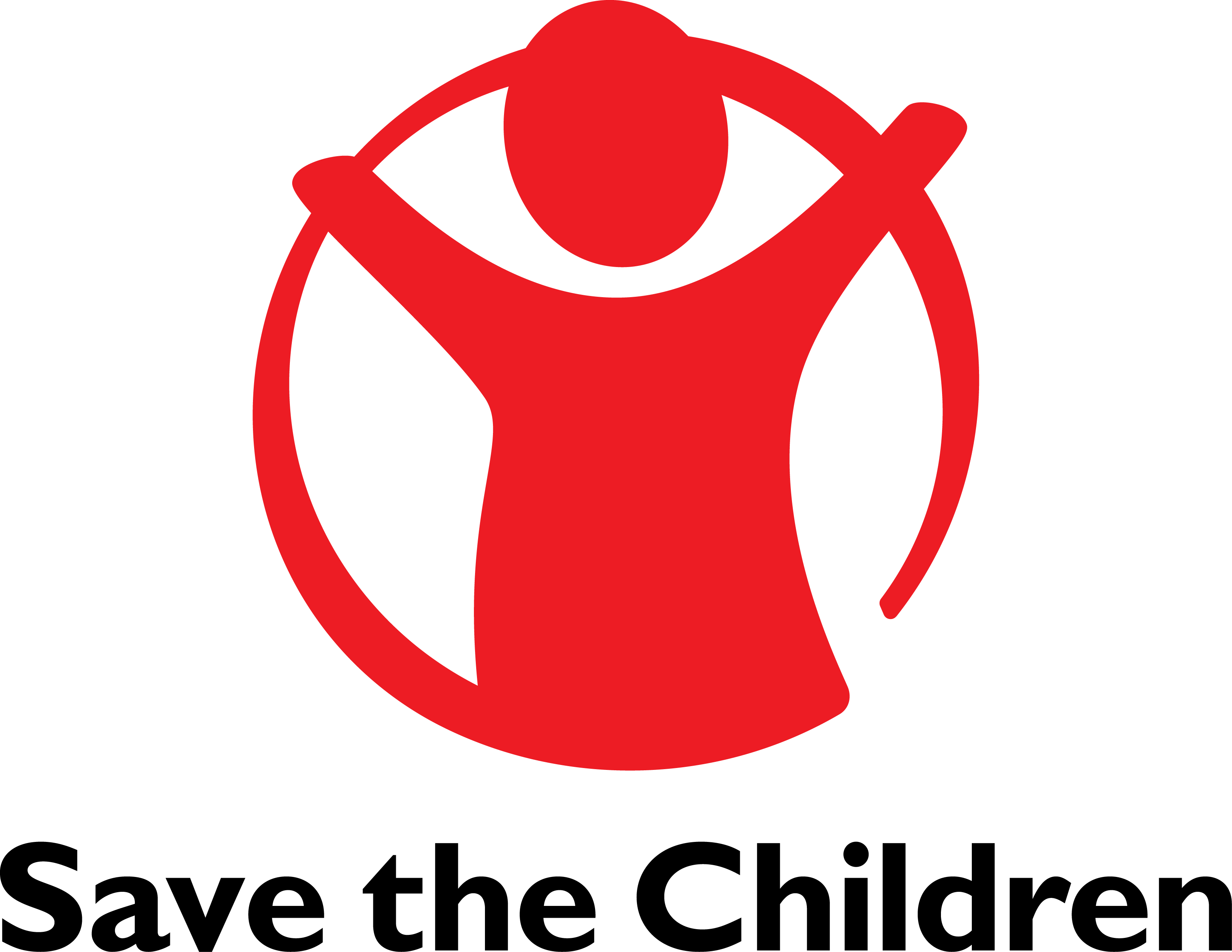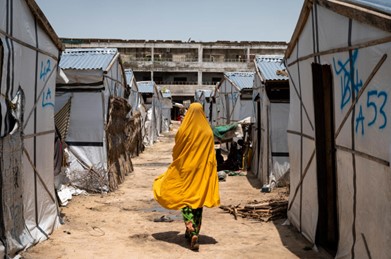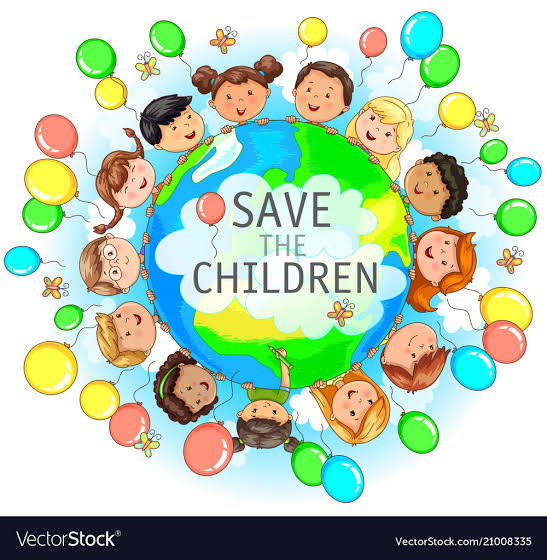News
Child Marriage: Nigeria ranks among highest globally – Save the Children International

Save the Children International has revealed that about 44% of girls in Nigeria get married before their 18th birthday.
The International Organization gave the indication on Monday in a statement to mark the international day of the Girl child.

International day of the girl child is commemorated October 11th every year to raise awareness on the challenges girls face and to promote girls empowerment and fulfillment of their human rights.
The Organization described the rate of child marriage in Nigeria as overwhelming adding that it is one of the highest globally. It also expressed worry that the rate is not likely to decrease considering the many insecurity challenges facing the country.
Inger Ashing, CEO of Save the Children International, said: “Child marriage is one of the worst and deadliest forms of sexual and gender-based violence against girls. Every year, millions are forced into wedlock with men who are often much older, robbing them of an opportunity to keep learning, be children, and in many cases, to survive.
“Childbirth is the number one killer of teenaged girls because their young bodies aren’t ready to bear children. The health risks of children having children cannot, and must not, be ignored. Governments must prioritise girls and ensure they’re protected from child marriage and premature childbirth-related deaths. This can only happen if girls have a say in the decisions that affect them.” she noted.
In the national report revealed by Save the Children more than 22,000 girls die yearly from pregnancy and childbirth as a result child marriage.
It says gender inequality also fuel child marriage.
According to a survey carried out by the organisation, “it is believed that children born to young mothers are healthier and smarter. There’s also a common perception that younger girls “refresh” older men with their “younger blood”
“West and Central Africa accounts for nearly half (9,600) of all estimated child marriage-related deaths globally, or 26 deaths a day. The regional teenage maternal mortality rate is four times higher than anywhere else in the world.
“South Asia sees 2,000 child marriage-related deaths every year (or six every day), followed by East Asia and the Pacific with 650 deaths (or two every day), and Latin American and the Caribbean, with 560 annual deaths (or nearly two a day)” the statement said.
The report also revealed that Although nearly 80 million child marriages globally have been prevented in the last 25 years, progress had stalled even before the COVID-19 pandemic—which has only worsened inequalities that drive child marriage.
It says “With school closures, health services under strain or closed, and more families being pushed into poverty, women and girls face an increased risk of violence during lengthy lockdowns. A further 10 million girls are now expected to marry by 2030 leaving more girls at risk of dying.
“Even in countries where child marriage is illegal, exceptions are common and the practice is still widespread, including in Burkina Faso—which has one of the highest rates of child marriage in the world”.
Save the Children cited an example of one Viviane (now 23 years) who was promised at birth to her husband and was forced to marry him when she was only 12. She said:
“My husband was 54 and already had four wives. I wanted to keep studying, so I decided to escape. I was caught and taken back to live with him, so I tried again. I walked for 40km, managed to make my way onto a bus, and eventually ended up in a centre that supports child brides like me. I’m now studying mathematics and training to become a nurse, while mentoring other young girls about the importance of getting an education.”
The International Organization however called on the Nigerian government to raise the voices of the Girl child and ensure their meaningful participation in all public decision making processes.
They urged government to address immediate and ongoing risks of gender-based violence, including child marriage, by putting girls’ rights and gender equality at the centre of COVID-19 and humanitarian responses, development policy, and wider efforts to build forward better.























